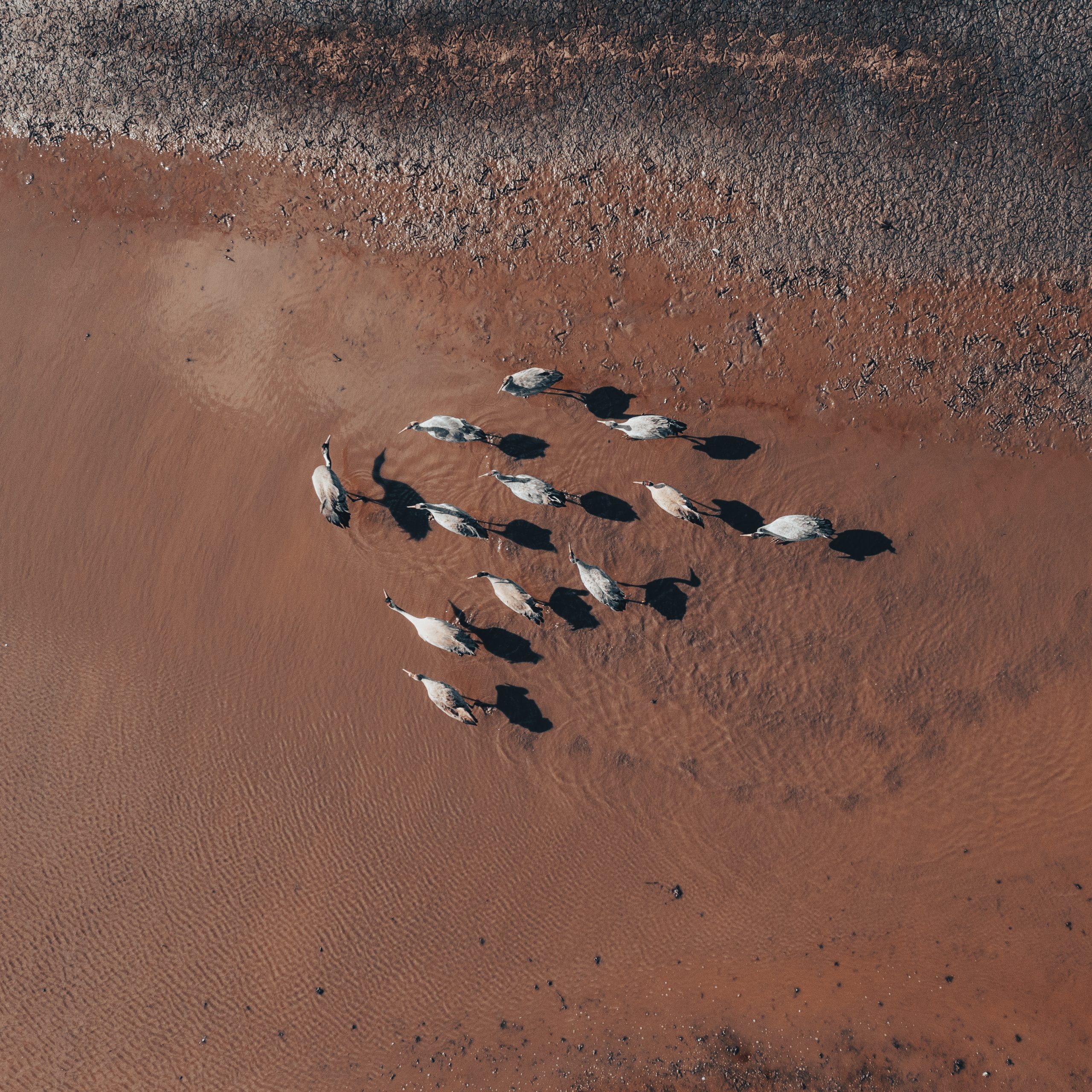
In his previous articles, Seraphus director Christopher Desira has looked at the dynamic between the international community, migrants, and the shortcomings of the former in protecting the latter. In this article, Christopher turns his attention to the role of individual states, and how their existence under principles of Westphalian sovereignty leads to the antagonisation of migrants.
The challenge to statehood
Statehood is principally constituted through the border that delineates and reproduces territorial, political, economic, cultural, and social control. This decides who should and who should not be admitted. Migration is seen as a challenge posed to the nation state, but the modern state and system of states have helped produce what they seek to contain: international migration. Only in a world divided into states is there immigration.
The State’s sovereign authority to remove those who are physically but irregularly in its country is one of the essential ways in which it maintains its power and perpetuates nationalism among its populace. So the State criminalises migration and deliberately constructs migrants as illegals and aliens. Detention and deportation, and the borders they sustain, are key tools with which undocumented migrants arriving without permission are punished, locked up, and deported just for the mere act of migrating.
Unauthorised migration receives extensive media coverage, but reporting tends to focus on the arithmetic of arrivals, and to reflect the viewpoints of the State. The State is displayed as a victim, and migrants are cast as criminals who are committing an act of assault on the State. Legal uncertainties, lack of access to outside world, limited legal challenges, increase in detained numbers – a pattern that is replicated across the world. Migrants are then not seen for their actual humanity but instead as a problem to be prevented, deterred, managed, and contained.
This maintains a historically basked, institutionally perpetuated system of exploitation and oppression of continents, nations, for the purpose of maintaining and defending a system of wealth, power and privilege. The State and capitalism again in mutual alliance: state criminalisation of migrants directly feeds capitalist profits in security markets that feed back into the State through taxation and lobbying. This maintains State power, capitalist profiteering, and social hierarchies.
The modern-day homo sacer, the clandestine migrant is subject to a state of exception in which the sovereign power, to ‘let die’ is exercised. But border controls are as much about the power to ‘let live’, the other side of Agamben’s notion of bare life – a vulnerable life that can be rescued in action, just as it can be killed by omission. The practical result of illegality for migrants in transit is typically outside the law, often – in effect – as an outlaw.
The challenge to the international community
The current Westphalian system of state sovereignty is poorly equipped to embody mass migratory rights and to deal with mass migratory challenges because its approach is confounded by its institutional interests, the instrumental role, and domain of authority and sovereignty, which are all at odds with migratory rights and the global ethos required for planetary management.
Migration is a quintessentially transboundary problem, but sovereignty resists calls for solutions that embody principles of cosmopolitan justice. This tension has led to some to argue for binding limits on the rights of states through measures akin to the fundamental prohibitions against torture (also known as jus cogens), regardless of their willingness to accept such constraints.
The challenge to the international community
Under tenets of statehood deeply rooted in history, borders demarcate territories of ideological, political, economic, and social control. The presence of migrants who challenge this control – whether fleeing persecution or seeking better lives – is seen as an assault on the power of the state. So, policies criminalise migration itself, discarding humanity in favor of authority. This breeds environments where suffering is allowed, exploitation is rife, and media rhetoric fans hostility over empathy.
Unless the global community can forge new frameworks beyond fears of lost sovereignty, migrant lives will continue dangling in the balance between callous exclusion and precarious exception.
-

Migration: A Global and Historical View
Written by: Christopher Desira
In this piece, Seraphus director Christopher Desira takes a broad look at the concept of migration- how it relates to human nature, what drives it, and how it fits into an increasingly complex world. Christopher also highlights the problem with restrictive and reactionary policies that fail to prioritise humanity and safety above ideology. Overall, he […]Read article -

Falling short: the International Community and their duty to protect migrants
Written by: Christopher Desira
In his first piece, Seraphus director Christopher Desira looked at the evolution of migration, and its ubiquitous nature across civilisation and history. He also considered the evolving rhetoric around migration, and the way in which migrants are often seen as a burden on the state. In this piece, Christopher delves further into the dynamic between […]Read article -

Protecting migrants through essential human rights: The argument from jus cogens
Written by: Christopher Desira
In his previous articles, Seraphus director Christopher Desira has looked at the concept of migration, the dynamic between migrants, the international community and the state, as well as the shortcomings of these entities in protecting the latter. In this article, Christopher presents the legal concept of ‘jus cogens’ and begins to explore how appealing to […]Read article
